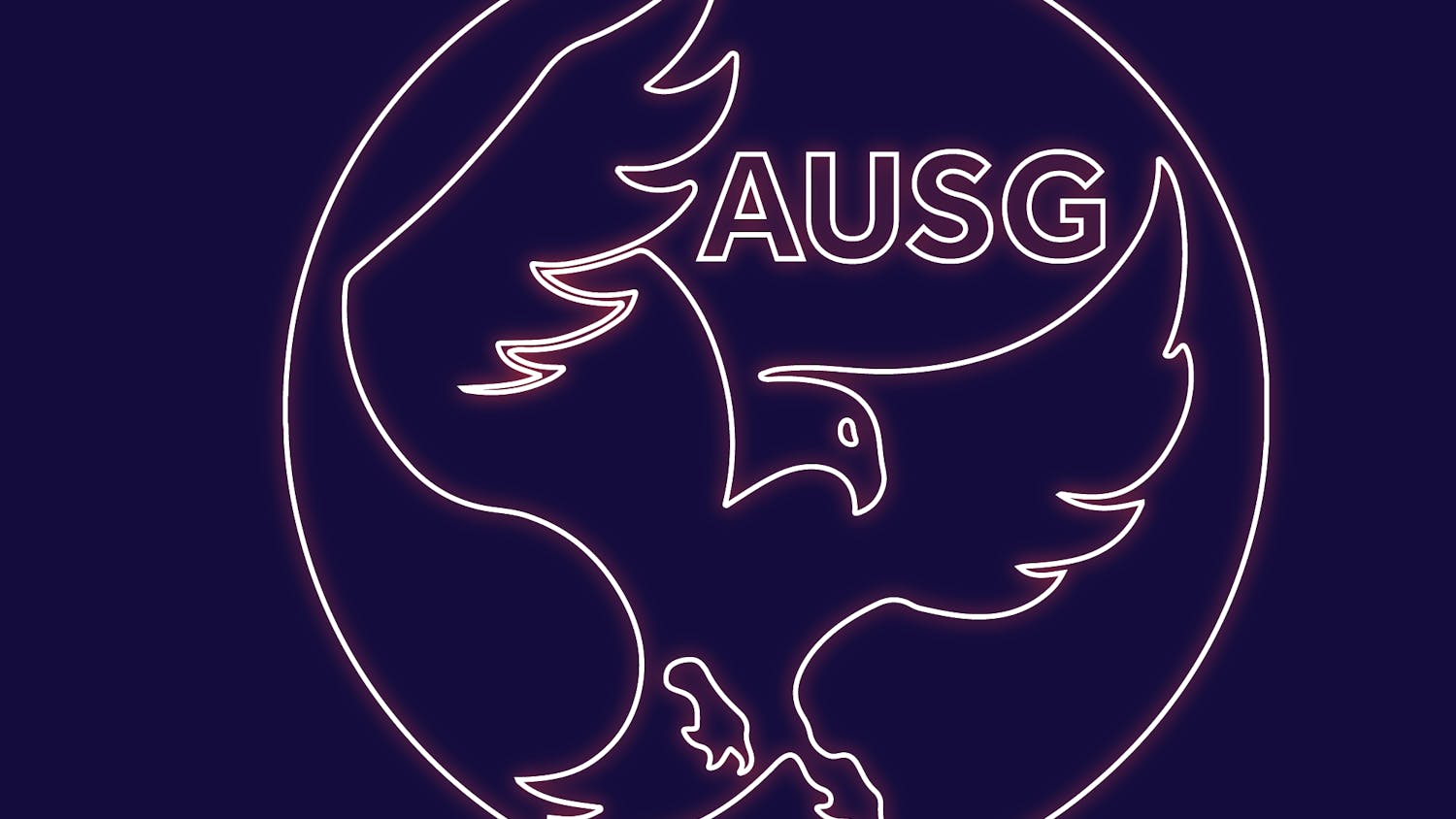Confused about financial aid? Baffled by an acronym? The Eagle compiled some of the most commonly confused financial aid terms and abbreviations for your reference. Please note, however, that this should not be your sole source of information; the most effective and knowledgeable source of financial help is your financial aid adviser.
Cancellation - Self-explanatory: Under certain conditions, students may cancel all payments of their loans.
Cosigner - A credit-worthy individual who assumes full responsibility if you do not pay your loan.
Interest rate - The amount of money per dollar of principal that students must repay their lenders.
Default - The state in which students fail to pay their loans for a designated amount of time. Both the university and your creditor may take legal action to recover lost payments.
Deferment - The time period over which students may postpone loan payments. Most student loans allow graduates to defer payments for up to six months after they leave school.
FAFSA - The Free Application for Federal Student Aid; it is due to the federal processor every March 1, and it is required for all students who wish to receive financial aid at AU.
EFC - The amount of money a student is expected to be able to pay as computed by the FAFSA.
Discharge - Releases borrower from the loan.
Forbearance - A period over which a borrower may postpone principal payments. The caveat, however, is that the student must continue to pay interest, which will accrue on the loan even during the temporary suspension of principal payments. Forbearances are usually granted because of severe financial hardship, among other serious limitations.
Private loan - A loan students may solicit through alternative third party lenders, such as Sallie Mae.
Stafford loan - A federally regulated loan in two varieties: subsidized (interest is paid for the student) and unsubsidized (student must pay the interest). In either case, colleges dole these loans out as part of larger need-based aid packages.
Perkins loan - A low interest loan awarded to students who demonstrate exceptional financial need.
PLUS loan - Short for Parent Loan for Undergraduate Students, the PLUS loan is another option through which students can borrow money up to their EFC.
Self-help aid - Self-help aid is more commonly known as Federal Work-Study, which allows students to work on campus for wages that eventually add up to the designated FWS amount.
-TONY ROMM
SOURCE: FinAid.org




